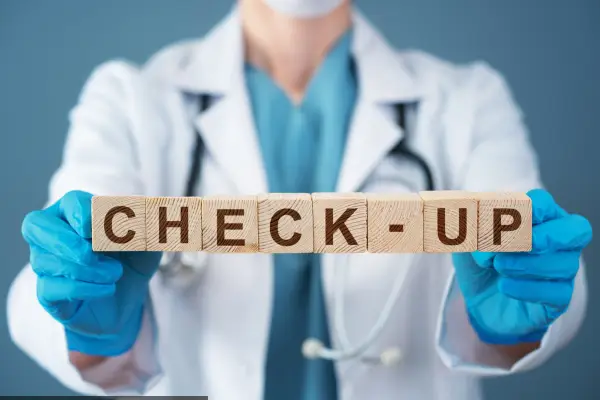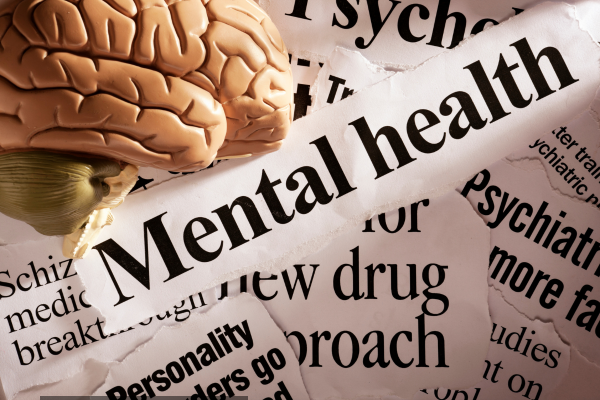Table of Contents
Understanding Depression and Its Impact
Depression is a common but serious mood disorder. It affects how you feel, think, and handle daily activities. Symptoms vary from person to person, but common signs include persistent sadness, loss of interest in activities, changes in appetite, and trouble sleeping. Understanding the symptoms is the first step towards managing depression. Moreover, recognizing the severity and seeking help can prevent the condition from worsening.
Recognizing the Signs of Depression
To effectively manage depression, it’s crucial to recognize its signs early. Symptoms often include:
- Persistent sadness or emptiness
- Loss of interest in favorite activities
- Significant weight changes
- Insomnia or excessive sleeping
- Fatigue or lack of energy
- Difficulty concentrating
Recognizing these signs early can lead to timely intervention and better outcomes. Additionally, understanding that depression is a medical condition, not a sign of weakness, can reduce stigma and encourage seeking help.
Lifestyle Changes to Combat Depression
Adopting healthy lifestyle habits can significantly impact your mental health. Simple changes like regular exercise, a balanced diet, and adequate sleep can improve mood and energy levels. Furthermore, avoiding alcohol and drugs is important, as they can worsen depression. Here are some actionable steps:
- Exercise regularly to release endorphins
- Eat a balanced diet rich in nutrients
- Ensure you get 7-9 hours of sleep each night
- Avoid alcohol and drugs
These changes, while simple, can make a big difference in managing depression. Consistency is key to seeing long-term benefits.
The Role of Therapy and Counseling
Therapy is a cornerstone in the treatment of depression. Cognitive Behavioral Therapy (CBT), for instance, helps in identifying and changing negative thought patterns. Therapy provides a safe space to explore feelings and develop coping strategies. There are various forms of therapy:
- Cognitive Behavioral Therapy (CBT)
- Interpersonal Therapy (IPT)
- Psychodynamic Therapy
Finding the right therapist and therapy type can greatly aid in managing depression. Don’t hesitate to seek professional help; it’s a vital step towards recovery.
Medications and Their Effectiveness
Sometimes, lifestyle changes and therapy might not be enough. Antidepressant medications can be very effective in treating depression. These medications can balance chemicals in the brain that affect mood. Common types include:
- Selective Serotonin Reuptake Inhibitors (SSRIs)
- Serotonin and Norepinephrine Reuptake Inhibitors (SNRIs)
- Tricyclic Antidepressants
Discussing options with a healthcare provider ensures you find the most suitable medication. It’s important to follow the prescribed treatment plan and report any side effects to your doctor.
Support Systems and Their Importance
Building a strong support system is essential in managing depression. Friends and family can offer emotional support and encouragement. Additionally, support groups provide a space to share experiences and learn from others facing similar challenges. Here are some benefits of support systems:
- Emotional support and understanding
- Practical help with daily tasks
- Shared experiences and advice
Engaging with others can reduce feelings of isolation and foster a sense of belonging. Don’t hesitate to reach out and build your network.










